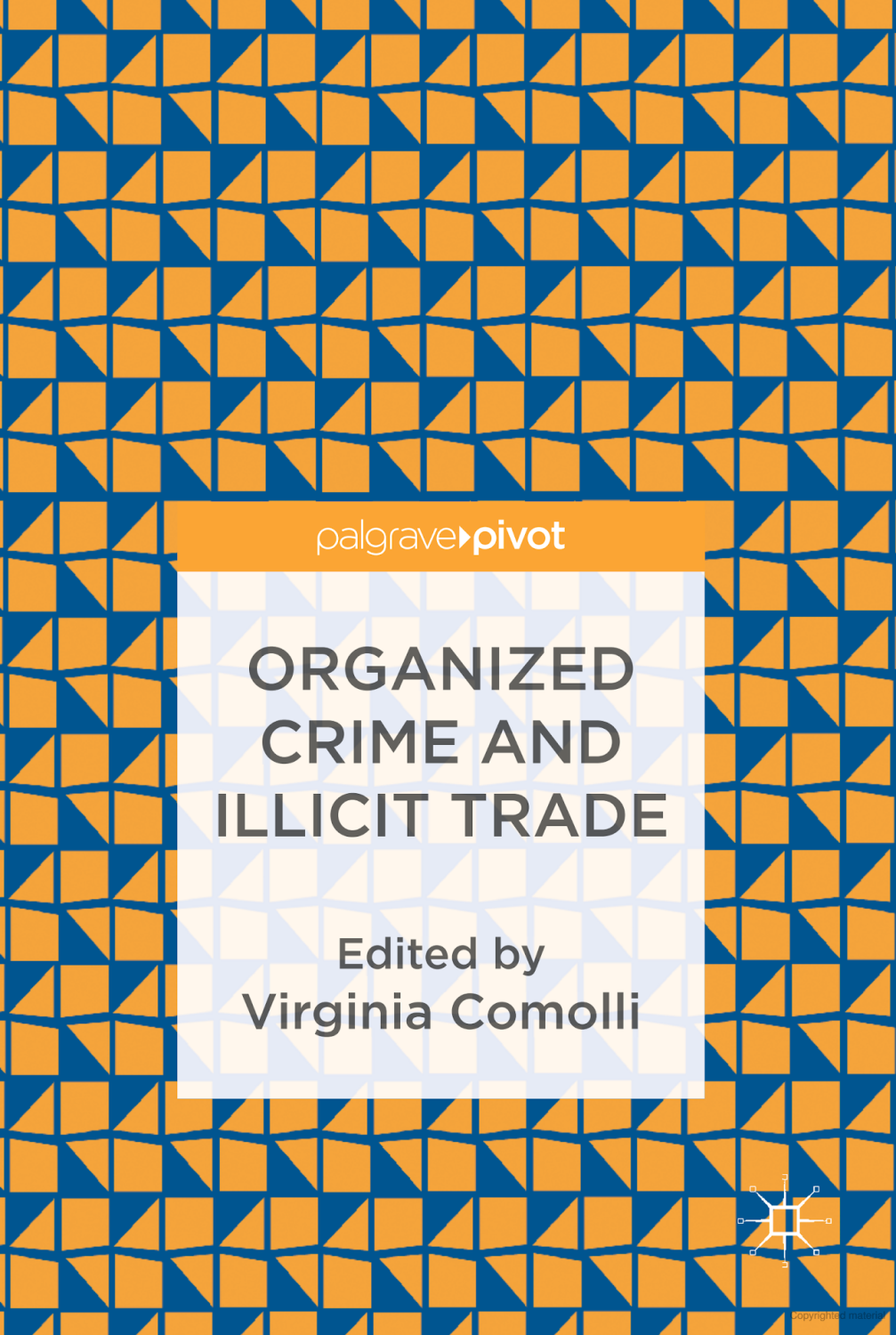This book is a comprehensive response to the challenges of transnational organized crime beyond traditional law-enforcement driven recommendations. Unlike much of the existing literature on organized crime, it is less focused on the problem per se as it is on understanding its implications. The latter, especially in fragile and conflict regions, amount to strategic challenges for the state. The volume is authored by experts with multi-year experience analyzing criminal activities and doing so through the lenses of conflict and security, development, and technology to engage academics, practitioners and policy makers. Brookings Institution Senior Fellow Vanda Felbab-Brown authored the following chapters: “The Threat of Illicit Economies and the Complex Relations with State and Society,” and “A State-Building Response to Organized Crime, Illicit Economies, Hybrid Threats, and Hybrid Governance.”
In “The Threat of Illicit Economies and the Complex Relations with State and Society,” Dr. Felbab-Brown explains the intersections between crime, conflict, and political rule. Despite the focus on countering illicit economies by many states, policy interventions to combat organized crime and illicit economies have often been ineffective, or even counterproductive. In order to design more successful policy interventions, it is crucial to understand the complex interactions between illicit economies and societies.
Large-scale illicit economies can pose many threats to the state, including political, economic, environmental ones, and to rule of law. Yet belligerent groups which embrace illicit economies, such as the Taliban and Sendero Luminoso, derive financial, operational, and political benefit. The political capital they obtain from sponsoring illicit economies depends on four factors: 1) the first is the overall state of the economy, which determines the extent to which the local population becomes dependent on the illicit economy; 2) the character of the illicit economy determines the extent to which the illicit economy can employ the population; 3) the presence or absence of thuggish traffickers that determines the extent to which belligerent groups can provide protection to local populations against them; and 4) the government response to the illicit economy.
However, instead of a fully antagonistic relationship, criminal organizations and governing elites often develop a mutually beneficial accommodation. Such accommodation leads to hybrid governance which can be difficult for policy interventions to root out. A common misconception, what Dr. Felbab-Brown calls the myth of the innocence of the state, is that when an illicit economy is translocated to a new place, it fundamentally subverts the pre-existing order. In fact, states and societies have preexisting characteristics, proclivities, institutional and cultural setsup, and histories of illicit activity, all of which determine their susceptibility to particular criminal arrangements. Failure to understand these structural roots of illicit economies often leads to misguided policy solutions. Rather, a long-term participation by governments and societies in illegal enterprises leads to the development of technology of illegality — namely, the networks and knowledge to subvert laws and law enforcement. A culture of illegality can also develop, in which society extolls breaking laws and taking advantage of the state.
“A State-Building Response to Organized Crime, Illicit Economies, Hybrid Threats, and Hybrid Governance,” Dr. Felbab-Brown’s second chapter in Organized Crime and Illicit Trade, then assesses various attempted policy approaches and offers recommendations for more effective solutions.
In areas of state weakness, the effective anti-crime strategy often is not merely a law enforcement suppression of illicit economies. Saturating the area with corrupt or poorly trained law enforcement officers at best merely addresses the symptoms of the social crisis rather than addresses the underlying causes, at worst compounds structural problems. Instead, an effective solution requires a multifaceted state-building effort to strengthen the bonds between the state and marginalized communities vulnerable to participation in the illicit economy and governance by criminal and armed groups. Such a state-building efforts includes proper sequencing of suppression of illicit economies, in which legal alternatives for participants are developed before measures to suppress labor-intensive illicit economies are undertaken, not after. It also requires a well-funded, long-lasting, and comprehensive approach to development. Encouraging protection of human rights, improving access to education, and providing access to justice mechanisms are some of the other important components. It also requires a concentration of resources by the state in slowly-expanding areas of state intervention, rather than a thin dispersion of resources across the country, an effectiveness requirement enormously politically difficult to achieve. Effective implementation requires careful and consistent monitoring,and restructuring of policies which are not showing success in the local cultural and institutional setting, Dr. Felbab-Brown writes.
The United States and European Union have recognized the need to expand their assistance against organized crime in around the world. A favored tool often is to build Special Interdiction Units (SIUs) the recipient countries. While SIUs have had important successes, their focus on interdiction often has limited effectiveness, and they can even go rogue, sometimes becoming the top criminals in an area, unless persistent monitoring and dismantling mechanisms are built into their design.
The priority for the international community should be disrupting the most dangerous networks and groups. These are criminal networks linked to terrorist groups and criminal groups engage in intense violence and predatory crimes. However, indiscriminate application of law enforcement can have undesirable effects. Law enforcement’s elimination of the weakest groups can inadvertently leave the remaining groups stronger, more lethal, and more vertically integrated. It can also push threatened criminals into an alliance with terrorist groups. Recipient governments may also come to see counternarcotics or anti-crime aid as a form of rent, just have they have misappropriated counterterrorism and anti-Communist aid in the past. Therefore, external assistance sources should calibrate their law enforcement aid carefully, and avoid blanket policies such as pre-canned rule of law solutions. Creating and monitoring policies which include state-building and good governance will lead to more effective policy interventions.
The full versions of these chapters, and the book, is available here.
Author
Contributions by


